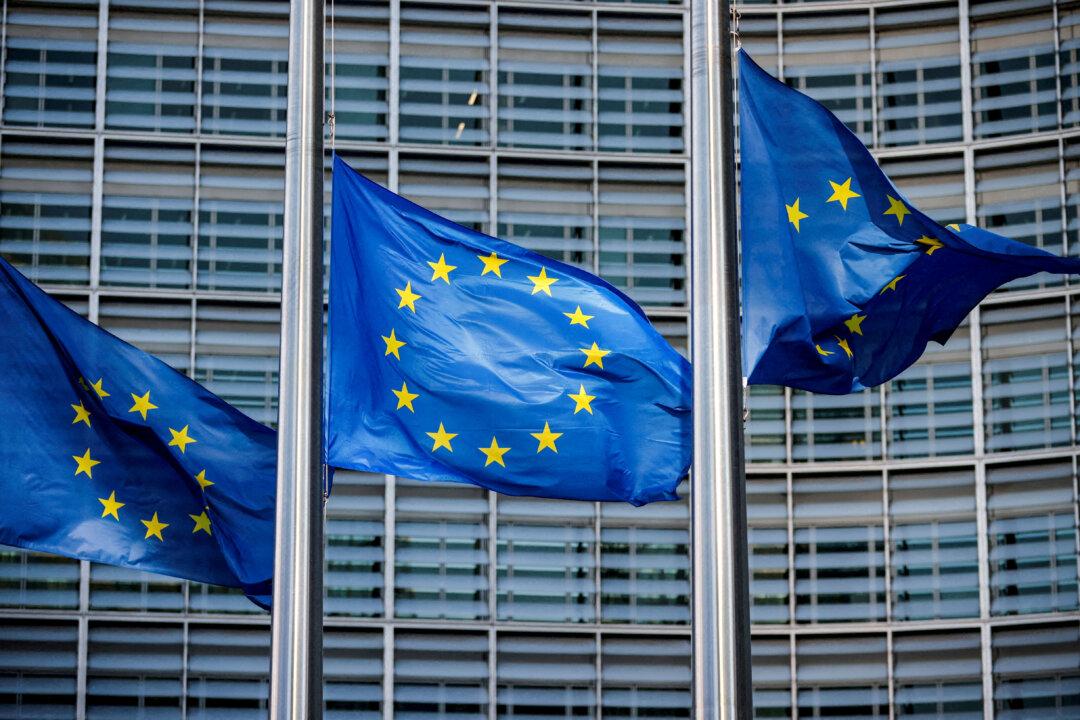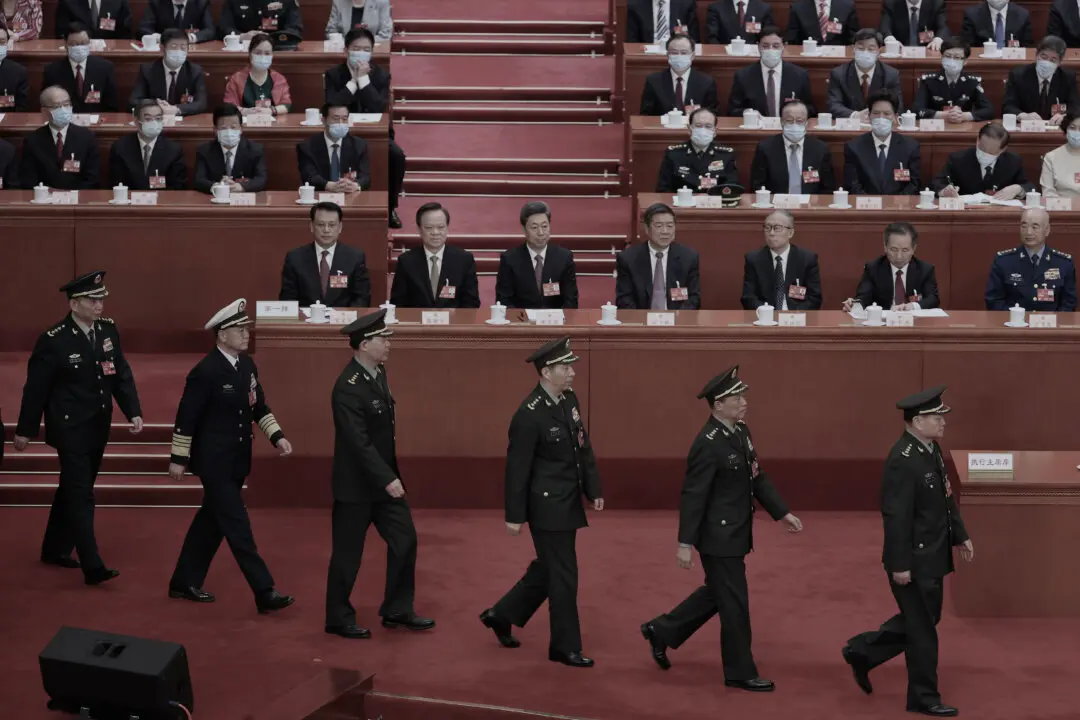The European Commission has lodged a complaint with the World Trade Organization (WTO) claiming that China engages in “unfair and illegal” trade practices by permitting its courts to determine global royalty rates for EU standard essential patents without the consent of patent owners.
Observers have said that the Chinese communist regime’s courts have exceeded their jurisdiction and that such practices will worsen China–EU trade relations.




